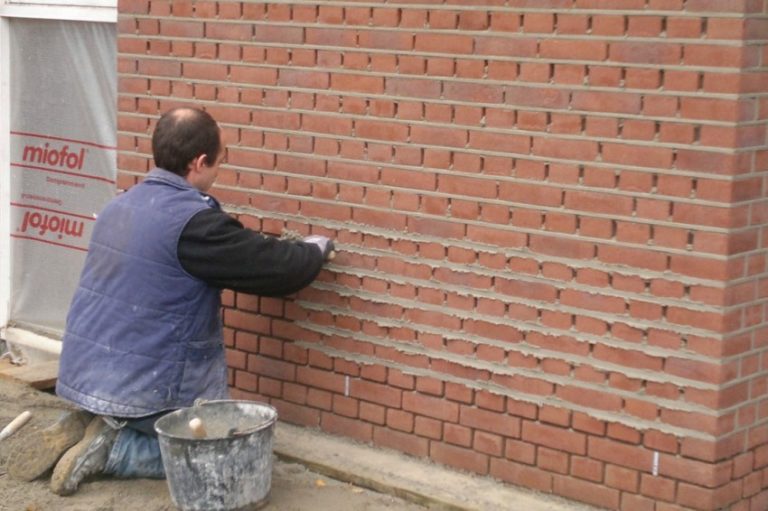Concrete drilling is a critical task in many construction, renovation, and DIY projects. To achieve precise and effective results, choosing the right concrete drill bit is paramount. In this detailed guide, we explore everything you need to know about concrete drill bits, their types, applications, and tips for optimal performance.
What Are Concrete Drill Bits?
Concrete drill bits are specialized tools designed to penetrate tough surfaces such as concrete, masonry, stone, and brick. They are engineered with durable materials like tungsten carbide to withstand the friction and pressure of drilling into these challenging materials. Their unique design ensures effective dust removal and reduces wear and tear on the bit.
Types of Concrete Drill Bits
Understanding the different types of concrete drill bits can help you select the best one for your project. Below are the main types:
1. SDS Drill Bits
SDS (Slotted Drive System) drill bits are ideal for heavy-duty drilling in concrete and masonry. Their shank design allows for better grip and reduced slippage in SDS drills. They are widely used in professional construction projects.
Features:
- High impact resistance
- Excellent for repetitive tasks
- Quick and secure installation
2. Masonry Drill Bits
Masonry drill bits are versatile and suitable for general-purpose drilling in concrete, stone, and brick. These bits often feature a carbide tip that enhances durability and cutting efficiency.
Features:
- Cost-effective
- Available in various diameters and lengths
- Compatible with standard drills
3. Diamond Drill Bits
Diamond drill bits are designed for precision drilling in hard materials like concrete, tile, and granite. They use diamond particles to achieve clean and accurate cuts.
Features:
- Best for detailed work
- Minimal heat generation
- Long-lasting performance
4. Percussion Drill Bits
Percussion drill bits work in conjunction with hammer drills, delivering a hammering motion that breaks through tough surfaces. These are perfect for medium-duty concrete drilling.
Features:
- Effective in dense concrete
- Enhanced drilling speed
- Compatible with impact drills
How to Choose the Right Concrete Drill Bit
Selecting the right concrete drill bit depends on several factors:
1. Material Type
Assess the material you’re drilling into. For reinforced concrete, opt for SDS or diamond drill bits to handle the embedded steel.
2. Drill Type
Ensure the drill bit is compatible with your drill type, whether it’s a rotary drill, hammer drill, or SDS drill.
3. Bit Diameter and Length
Choose the appropriate diameter and length based on your specific project needs. Larger bits are suitable for heavy-duty tasks, while smaller bits are ideal for precise drilling.
4. Coating and Material
Look for drill bits with a carbide or diamond coating to enhance durability and performance.
Tips for Effective Drilling in Concrete
Using concrete drill bits effectively can save time and extend the life of your tools. Here are some practical tips:
1. Use the Right Drill
Pair your concrete drill bit with a hammer or rotary hammer drill for maximum efficiency. Standard drills may not provide the necessary power.
2. Mark Your Drilling Spot
Use a pencil or marker to pinpoint the exact location to drill. For accuracy, start with a smaller bit and gradually increase the size.
3. Apply Steady Pressure
Let the drill do the work—avoid applying excessive force, which can damage the drill bit or the surface.
4. Keep the Bit Cool
Drilling generates heat, which can wear down the bit. Use water or a cooling lubricant to prevent overheating.
5. Clear Debris Regularly
Pause periodically to remove dust and debris from the hole. This ensures smoother drilling and reduces friction.
6. Check for Reinforcements
When drilling into reinforced concrete, slow down when you hit rebar to avoid damaging the drill bit.
Common Issues and Troubleshooting
1. Drill Bit Dulls Quickly
Use a high-quality carbide or diamond-tipped bit, and reduce the speed when drilling into dense concrete.
2. Bit Gets Stuck
Reverse the drill slightly to loosen the bit. Avoid forcing it out to prevent breakage.
3. Excessive Vibration
Check that the bit is properly secured and compatible with the drill. Using the wrong type of bit can cause unnecessary vibration.
4. Inaccurate Holes
Always start with a pilot hole to guide the larger bit and improve accuracy.
Maintaining Your Concrete Drill Bits
Proper maintenance extends the lifespan of your drill bits. Here’s how to care for them:
1. Clean After Use
Remove dust and debris from the bit after each use. A wire brush or compressed air works well for this task.
2. Store Properly
Keep your bits in a dedicated case to prevent them from knocking against each other and becoming dull.
3. Sharpen When Needed
Carbide bits can be sharpened using specialized tools, ensuring consistent performance.
4. Inspect for Damage
Regularly check for cracks, chips, or signs of wear. Replace damaged bits promptly to avoid accidents.
Best Practices for Buying Concrete Drill Bits
When purchasing concrete drill bits, consider the following:
1. Brand Reputation
Choose well-known brands like Bosch, Dewalt, or Makita for reliable quality.
2. Kit or Individual Bits
Invest in a comprehensive kit if you require multiple sizes, or select individual bits for specific needs.
3. Warranty and Support
Opt for products with warranties to ensure peace of mind.
Concrete drill bits are essential tools that simplify the toughest drilling tasks. By understanding their types, applications, and maintenance, you can achieve optimal results for any project.









